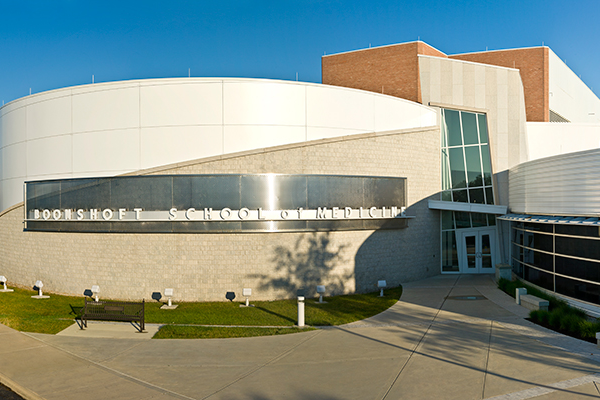
Excerpt from Dayton 24 Now
In 2012, the Department of Psychiatry at the Wright State University Boonshoft School of Medicine began to use telepsychiatry with grant-funded statewide resources. The called the new project, which was one of the first in the state, Ohio’s Telepsychiatry Project for Intellectual Disability. The project helps to provide patient care to underserved and outlying counties with limited infrastructure and resources.
The original project currently provides psychiatric care to over 1,550 patients from 80 counties across Ohio who are on the autism spectrum or with Intellectual Disabilities. Referrals can call (937) 641-8554 for more information. After the spread of the Coronavirus (COVID-19), the department moved to convert its Resident Psychotherapy Clinic entirely from in-person, face-to-face appointments, to be exclusively virtual – either through telephone appointments or over the web. People can call to inquire at (937) 775-PSYC (7792).
“The COVID-19 pandemic created an urgent need to utilize our extensive telehealth experience to convert multiple community mental health centers all over the Dayton community within hours to ensure seamless and uninterrupted medical care for existing patients, as well as to be available for new patients in need of assessment of mental health conditions,” said Julie Gentile, M.D., chair of psychiatry. She went on to talk about how, with the support of Wright State Physicians, Dr. Allison Cowan and Manager Amy Griffith, they also moved the resident clinic’s system to a new electronic health record “so as to allow psychiatrists and psychiatric residents improved provision of care and protected health care information from a safe social distance.”
As the department looks forward about what it might have to do next, it is preparing for an increase in patients suffering from anxiety and depression, due to the fear and grief caused by the pandemic, as well as from the increase in unemployment and financial hardship. While most children seem to be be less affected by the worst of the COVID-19 illness, many will suffer from grief, anxiety, child abuse, and neglect. More information about this can be found at Child/Adolescent Psychiatry services. People can call and learn more at (937) 775-PSYC.
“The residents in our program have shown incredible leadership and advocacy. Their contributions are not surprising to me,” Gentile said. “I continue to be inspired by their expertise, integrity, and sense of community. The best part of our training program has always been our people.”

